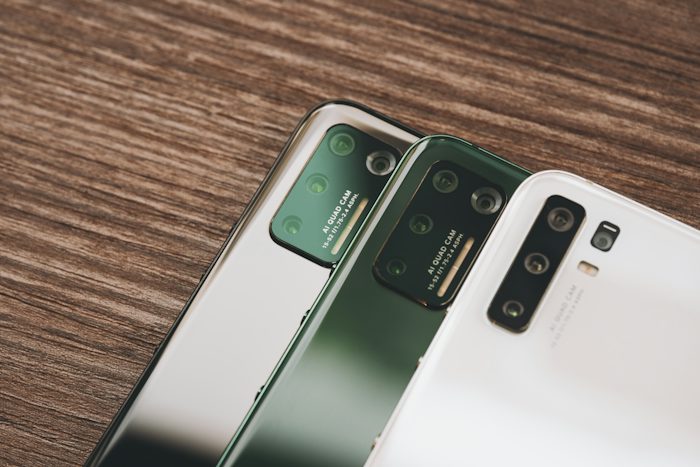Following Kenya’s recent launch of a smartphone assembly plant, Zambia has unveiled plans to establish its own local smartphone manufacturing facility. Slated to begin operations in June 2024, Zambia’s plant aims to enhance nationwide connectivity through more accessible and affordable devices.
The government partnership with Chinese tech giant ZTE will allow Zambia to reduce smartphone import costs and promote broader digital inclusion. ZTE is known in Africa for its budget Kabambe feature phones and telecom equipment supply.
Zambia’s move towards local production comes in response to prohibitively high smartphone prices. By manufacturing cheaper alternatives domestically, the government hopes to make devices more attainable for ordinary Zambians.
Zambia is the latest African country to pursue local smartphone assembly to address affordability barriers. Rwanda launched its pioneering smartphone factory in 2019, while Egypt’s first locally assembled device, the Nile X, debuted in 2017.
Recent data shows that 63.3% of Zambians own mobile phones, but only 35.8% have smartphones. High taxation contributes to elevated costs – Zambia imposes a 31% combined tax on handsets, ranking third highest in Africa.
It remains unclear whether the new Zambian plant will face similar tax burdens. However, localised production could make devices significantly cheaper. The facility represents a major step towards digital enrichment and tech access for Zambian citizens.
For emerging economies like Zambia, boosting local high-tech manufacturing also enables job creation and knowledge transfer. The planned facility aligns with Zambia’s push towards becoming a middle-income nation by 2030.
By collaborating with an established global player in ZTE, Zambia can leverage existing expertise to build out a robust, sustainable smartphone production ecosystem.
The plant’s scheduled opening in mid-2024 positions Zambia at the forefront of Africa’s drive towards self-reliance in smartphone production. With Kenya also making strides in local assembly, momentum seems to be building for African-made devices.



